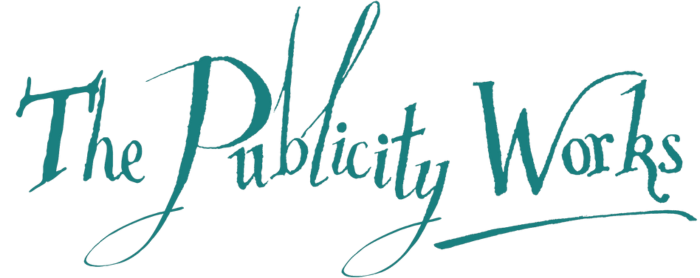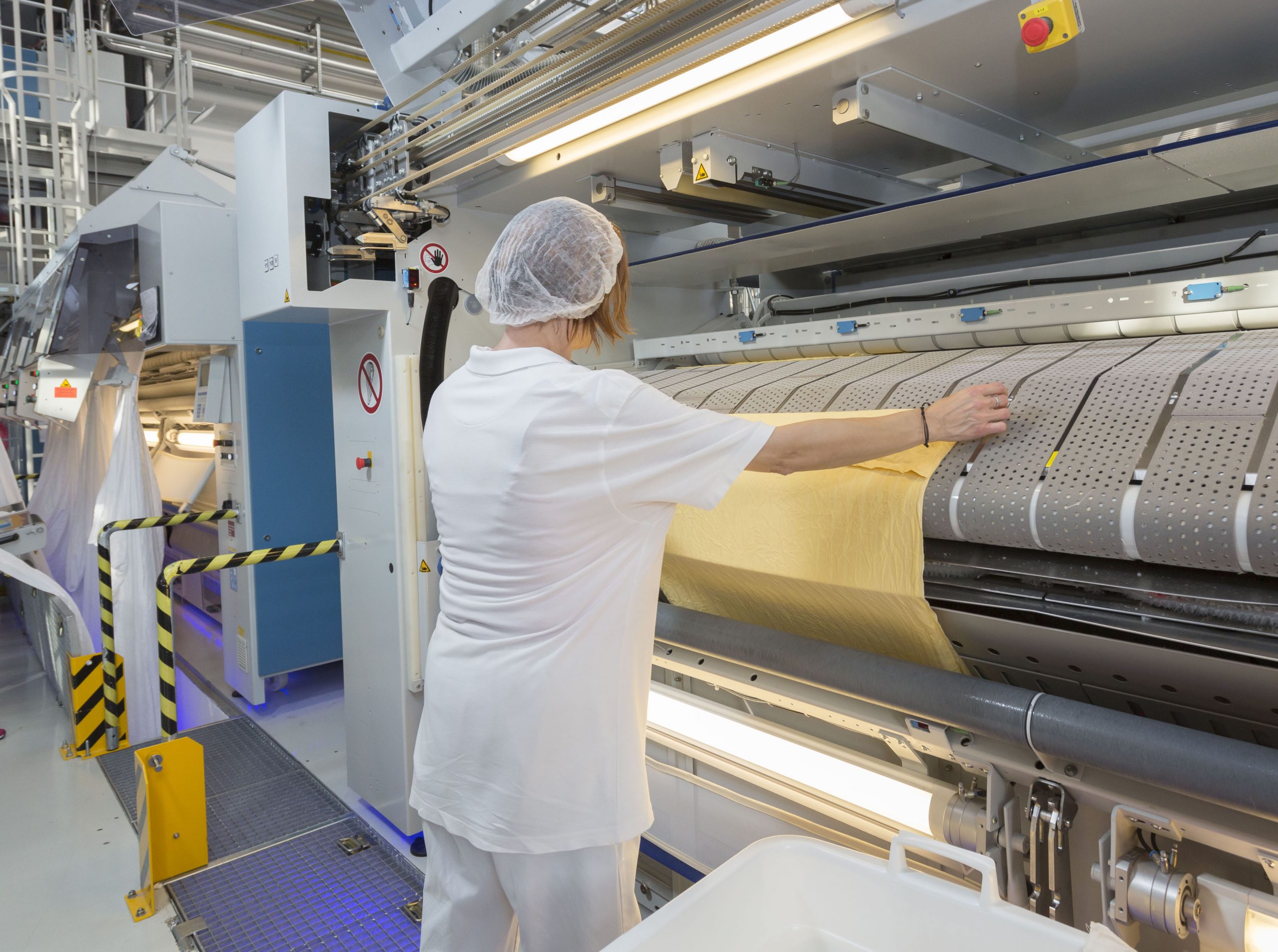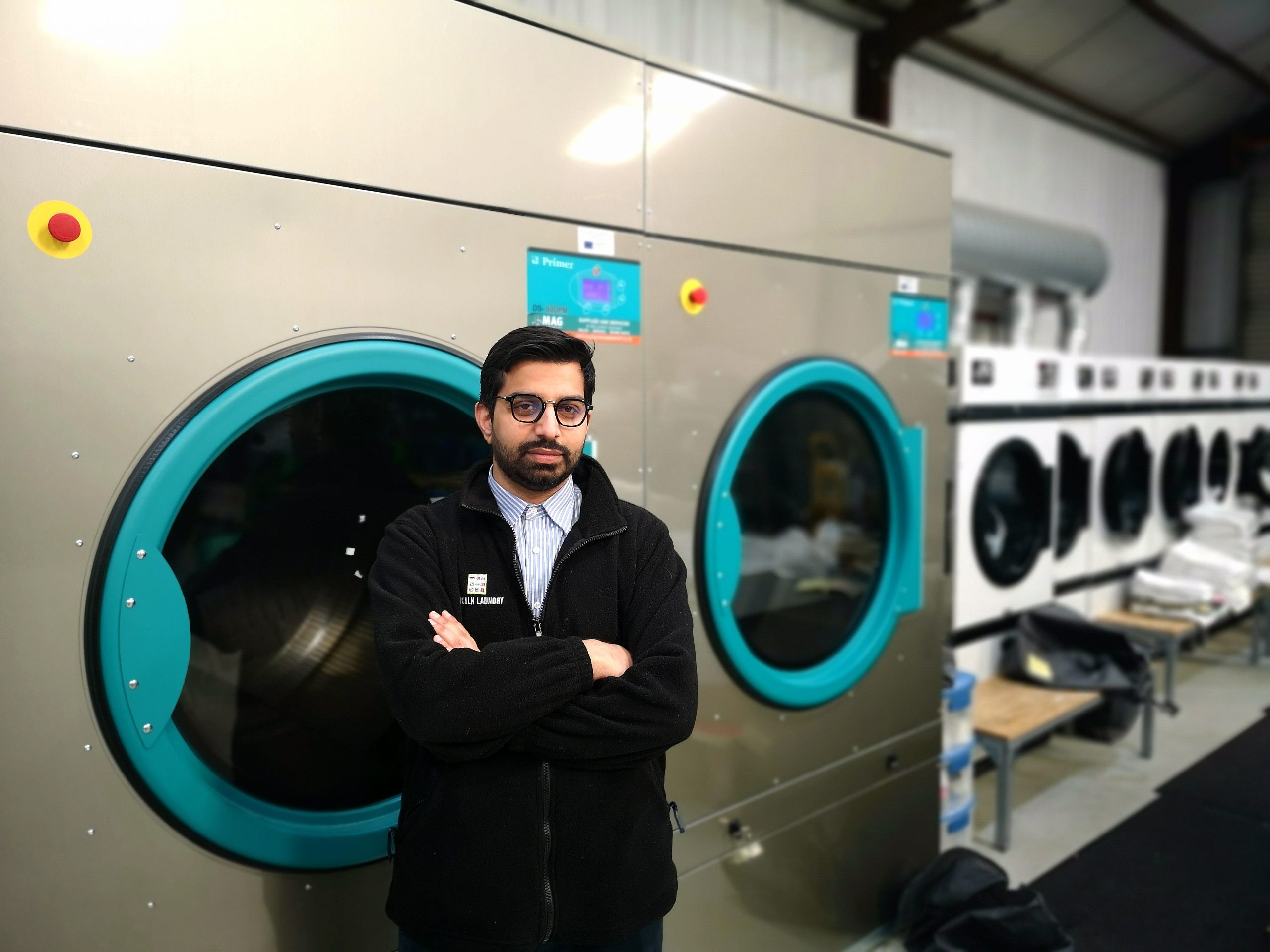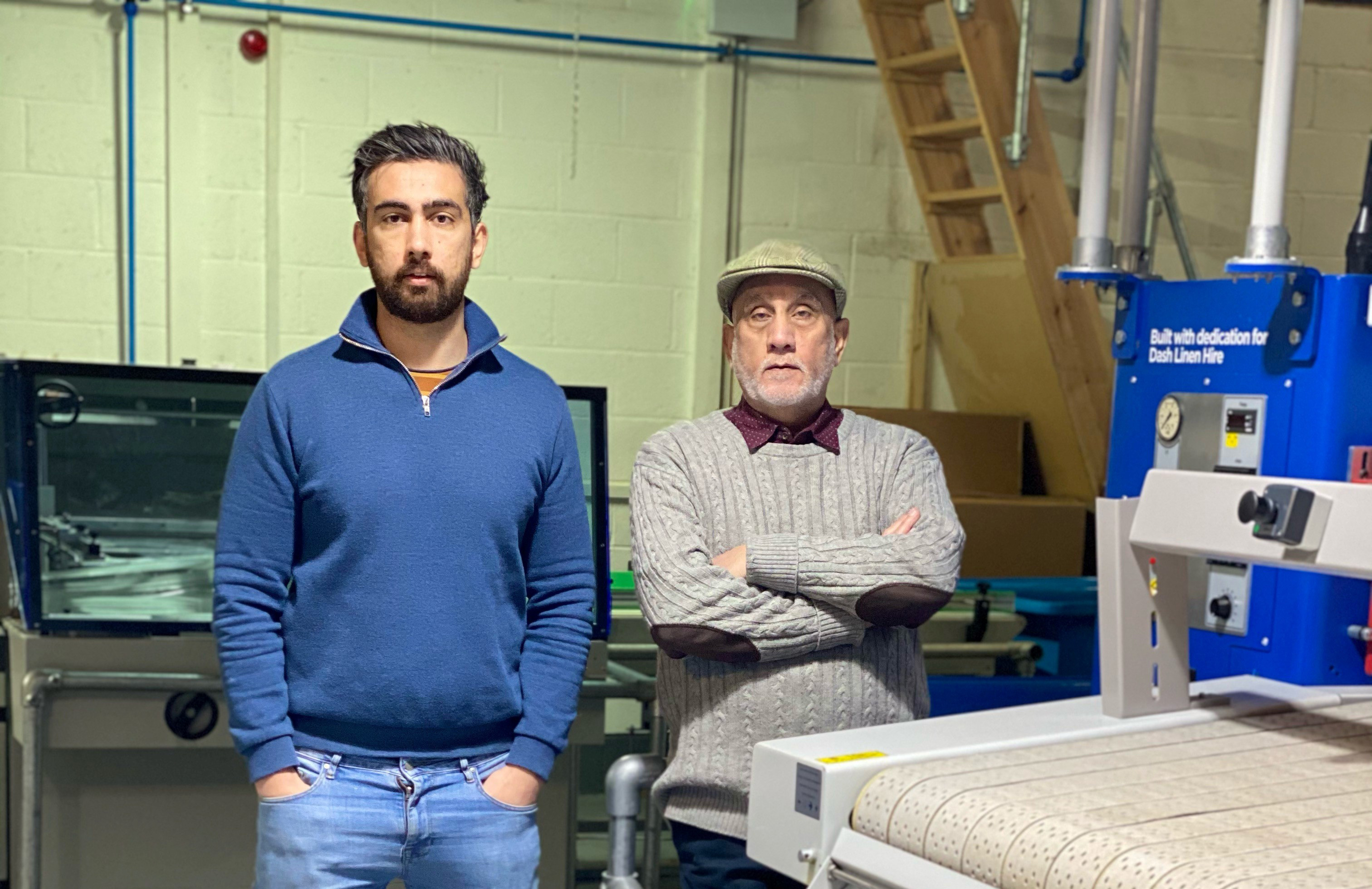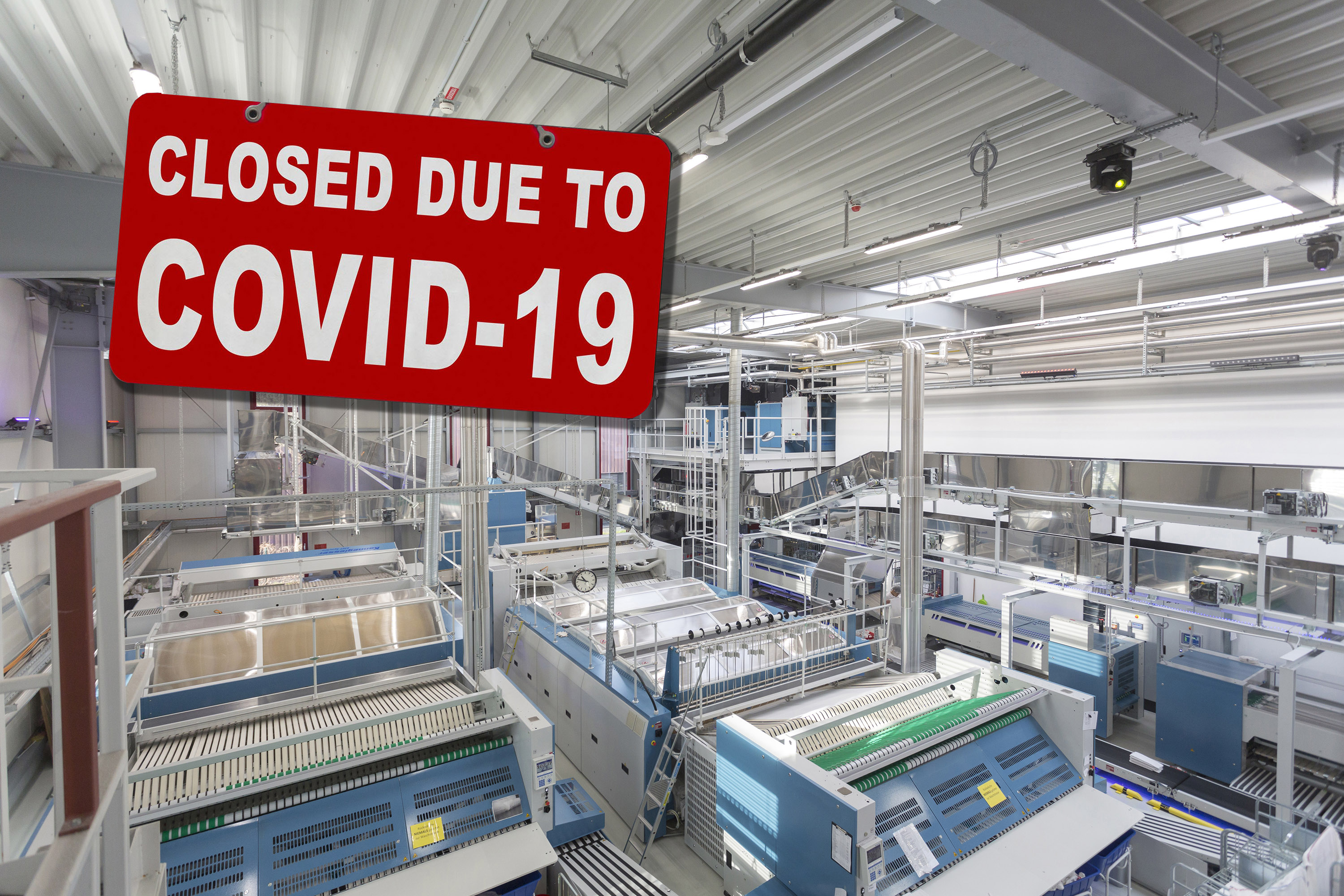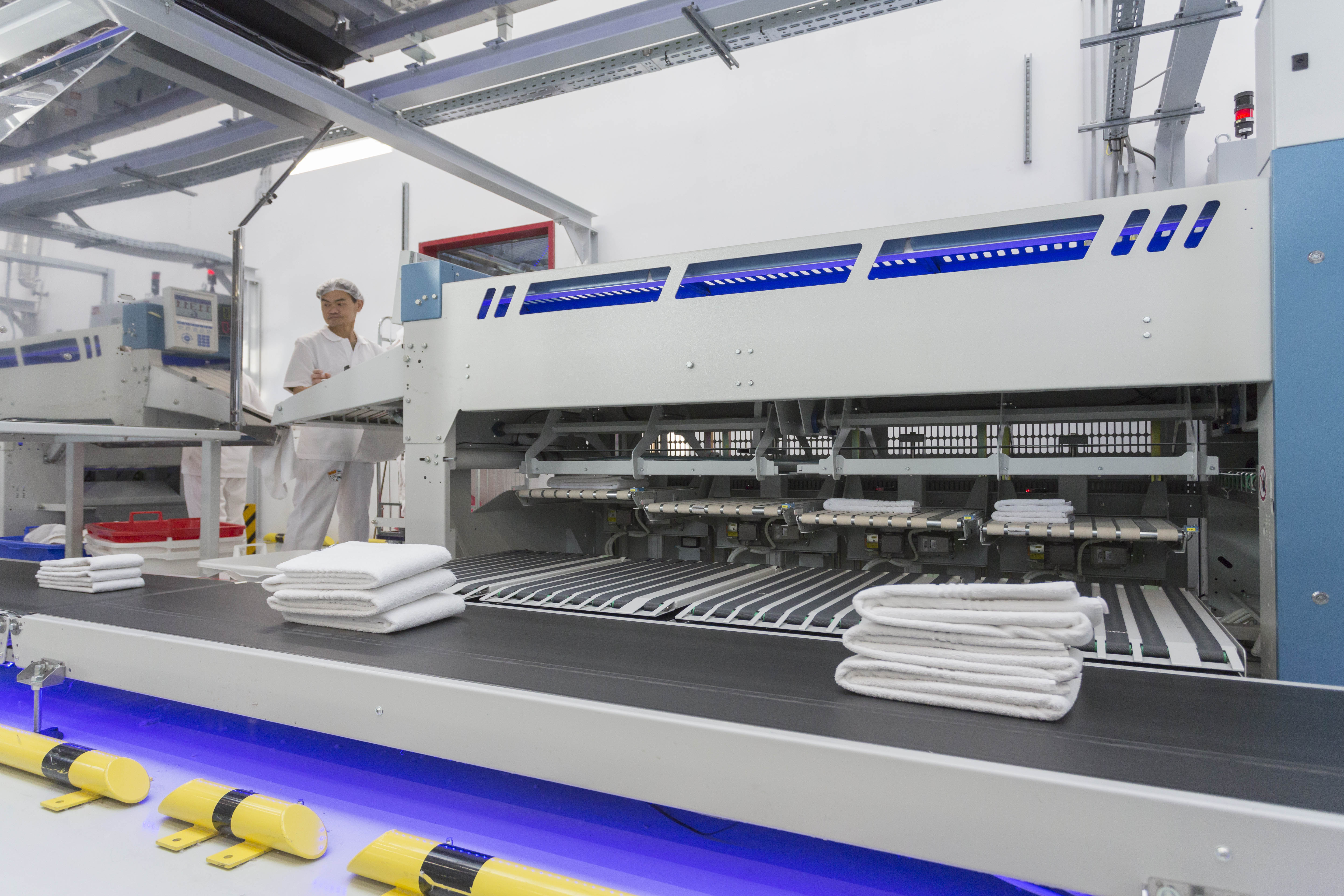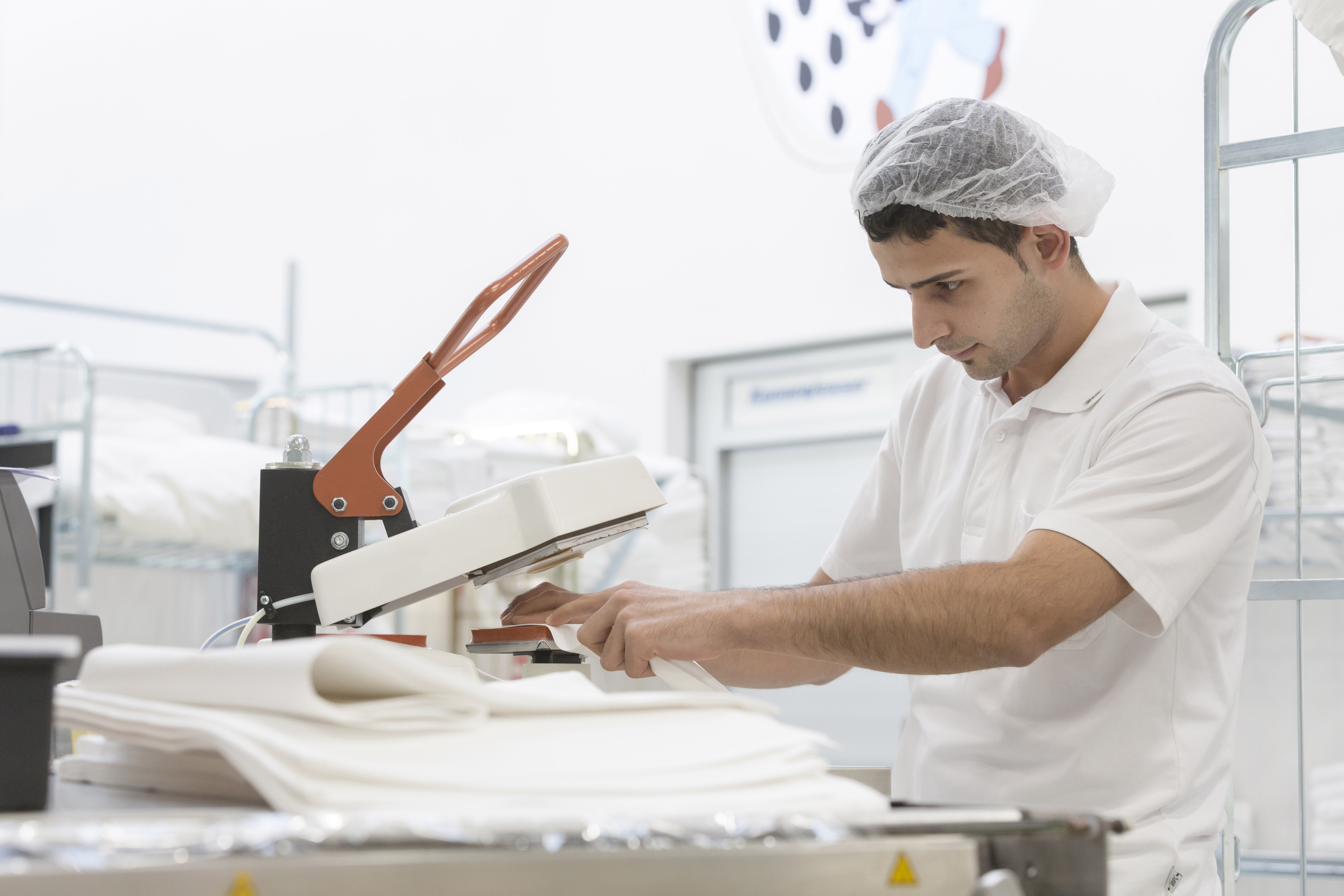The voice of the cleaning and hygiene industry will be heard more loudly…. read more
Textile Services Association
The TSA (Textile Services Association) is the trade association for the textile care services industry. The TSA represents commercial laundry and textile rental businesses. Membership ranges from family-run operations through to large, multi-national companies. TSA staff strive to represent, promote and educate the textile care services industry. Visit the website: https://www.tsa-uk.org
David Stevens, CEO of the TSA (Textile Services Association) comments on the budget:
Of course it’s good that the furlough scheme has been extended to September. We’re happy that the Chancellor has also announced a new recovery loan… read more
“The future recovery is being put at risk” – the government is failing commercial laundries
Lincoln Laundry highlights holes in government support of hospitality industry Lincoln Laundry, based in North Hykeham, Lincoln, is a family run business employing 15 people… read more
“Our business is crumbling before our eyes” – Wimbledon laundry speaks out on what lack of support is doing to the industry
Lack of response is making a tough situation worse, says director of Dash Linen…. read more
Sunak snub for hospitality supply chain – TSA fury as laundries get ready for closures
“Twelve months of hell for the hospitality laundry sector”…. read more
‘Killer cash flow’ could destroy UK laundries and cost 24,000 jobs
Final nail in coffin as government continues to ignore hospitality laundries…. read more
Reusable PPE gowns get government green light – potentially saving NHS £1bn+ a year
TSA welcomes DHSC decision after months of lobbying, but warns it’s a ‘slow burner’…. read more
Government inaction leaves commercial hospitality laundry industry on its knees
TSA warns that lack of support puts thousands of laundry workers’ jobs at risk…. read more
Could ‘clean’ healthcare uniforms be COVID-19 carriers?
TSA backs calls for research into textiles and infection control; ‘PHE should revise 2007 guidelines’…. read more
